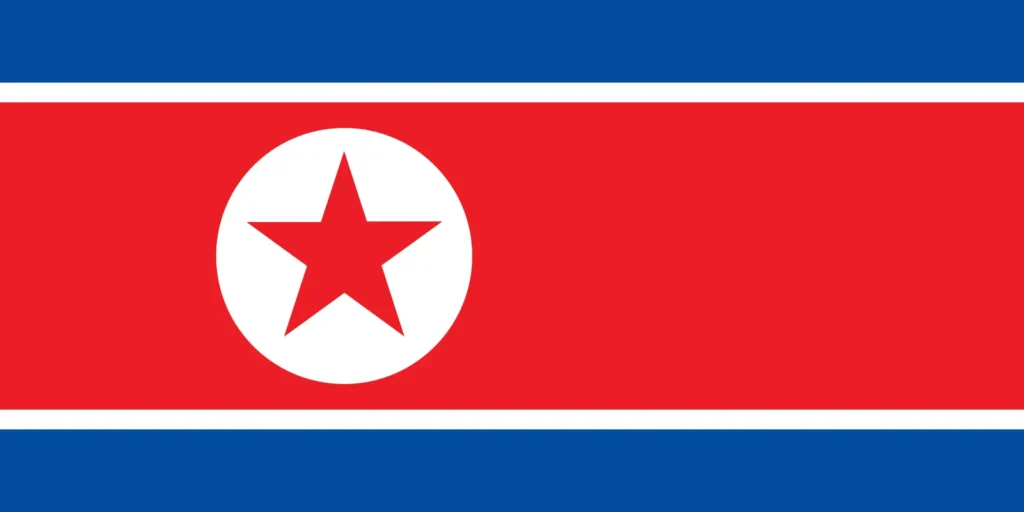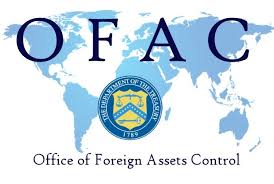OFAC Imposes $860,000 Penalty on Vietnamese Beverage Company for Violations of North Korean Sanctions
By: Daniela Melendez, Associate at The Volkov Law Group, and Alex Cotoia, Regulatory Compliance Manager. Daniela can be reached at [email protected] and Alex can be reached out at [email protected].
North Korea Sanctions Violations

In a recent enforcement action, the U.S. Department of the Treasury’s Office of Foreign Assets Control (“OFAC”) imposed an $860,000 penalty on Vietnam Beverage Company Limited (“VBCL”), a holding company based in Vietnam, for apparent violations of U.S. sanctions targeting North Korea. This case underscores OFAC’s willingness to enforce U.S. sanctions regulations where foreign companies’ transactions intersect with the U.S. financial system, and serves as a crucial reminder for non-U.S. companies of the reach and rigor of U.S. sanctions laws.
The underlying violations originate from VBCL’s acquisition of several Vietnamese subsidiaries in late 2017. These subsidiaries, which produce and export alcoholic beverages, had existing business relationships with North Korean-linked entities. Between January 2016 and September 2018, VBCL’s subsidiaries entered into a total of 26 contracts to export beer and spirits to two North Korean companies—Korea Samjin Trade Company and Korea Zo-Ming General Corporation—as well as third-party intermediaries, Sunico Co. Ltd. in Singapore and Alttek Global Corporation in the Seychelles. The contracts, which were approved by senior managers at VBCL’s subsidiaries, specified pricing in U.S. dollars, with payments required in advance. The choice to conduct these transactions in U.S. dollars meant that the payments were routed through U.S. correspondent banks, creating a jurisdictional link to the U.S. financial system.

According to OFAC’s findings, VBCL’s subsidiaries received approximately $1,141,547 in payments across 43 wire transfers, processed through U.S. financial institutions, from April 2016 to October 2018. These payments originated from a network of third-party companies located in Hong Kong, China, Turkey, Singapore, and the Seychelles, acting on behalf of the North Korean entities. OFAC determined that by issuing invoices in U.S. dollars and allowing payments to flow through U.S. banks, VBCL’s subsidiaries effectively caused U.S. financial institutions to “export financial services” to North Korea—a prohibited action under OFAC sanctions regulations.
OFAC’s investigation revealed substantial gaps in VBCL’s compliance framework. At the time, neither VBCL nor its subsidiaries had a sanctions compliance program or relevant policies addressing U.S. sanctions risks. OFAC highlighted that the Subsidiaries “failed to exercise due caution or care” by invoicing in U.S. dollars and processing payments through U.S. financial institutions despite having knowledge, or reason to know, of the North Korean links. OFAC noted that these structural deficiencies allowed the Subsidiaries to engage in transactions with sanctioned entities without adequate internal scrutiny, resulting in multiple sanctions violations. Business documentation for these contracts explicitly referenced North Korean entities, and the absence of formalized compliance controls and employee training meant that senior managers were not equipped to prevent these high-risk transactions.
In December 2019, following a restructuring of VBCL’s senior management, the new leadership team discovered the Subsidiaries’ transactions with North Korean entities. They immediately halted further dealings with North Korea and furnished OFAC with additional information concerning the underlying transactions. Concomitantly, VBCL implemented extensive remedial actions to align with OFAC’s Framework for OFAC Compliance Commitments. These corrective measures included the establishment of a comprehensive sanctions compliance program, implementation of enhanced due diligence protocols, engagement of an independent third-party compliance firm to conduct background checks on high-risk customers, and mandatory sanctions compliance training for employees in managerial roles.
Although VBCL cooperated with OFAC’s investigation and undertook significant remediation efforts, OFAC noted that the apparent violations were not voluntarily self-disclosed, a factor that influenced the penalty assessment. Nonetheless, OFAC considered VBCL’s lack of previous sanctions violations and the proactive steps taken by the new management as mitigating factors in determining the final penalty amount. Ultimately, OFAC’s action against VBCL underscores the potential consequences for non-U.S. companies that fail to adhere to U.S. sanctions requirements when their transactions involve U.S. financial institutions.

For non-U.S. companies, this case serves as a clear warning: compliance with U.S. sanctions is not optional when U.S. financial institutions are involved. Transactions involving U.S. dollars are inherently subject to U.S. jurisdiction, and the risks of non-compliance can be substantial. Companies operating globally are advised to adopt rigorous compliance measures, including thorough due diligence, robust sanctions screening protocols, and comprehensive training programs for employees involved in high-risk activities. By implementing these measures, companies can reduce exposure to costly enforcement actions and ensure alignment with international compliance standards.















